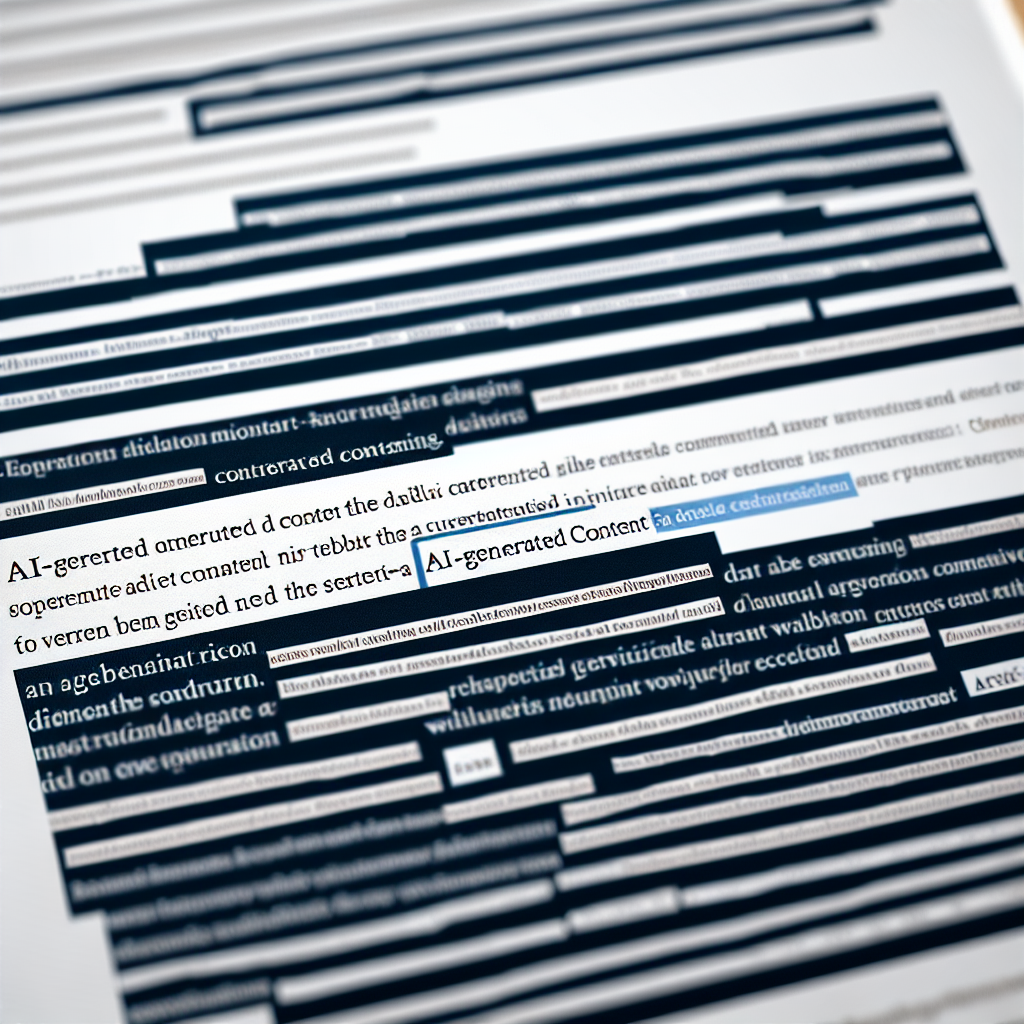Navigating the New Frontier: Citing AI-Generated Content in APA Style

The rise of AI-powered tools like ChatGPT and DALL-E has revolutionized content creation, but it has also introduced new challenges for academic integrity and proper attribution. One pressing question for students and researchers is: How do we cite AI-generated content in APA style?
While APA guidelines are constantly evolving, there is no definitive “one-size-fits-all” answer for citing AI-generated content. The 7th edition of the APA Publication Manual doesn’t explicitly address this emerging issue, but it offers principles that can guide us.
Here’s a breakdown of the current recommendations and best practices:
1. Transparency is Key:
-
Disclose the use of AI: Be upfront about using AI tools in your work. Explain how the AI contributed to your project, whether it generated text, images, code, or other materials.
-
Provide a clear reference: In your reference list, include an entry for the specific AI tool used.
2. Reference Format:
-
Author: The “author” would be the AI tool itself (e.g., ChatGPT, DALL-E, Bard).
-
Date: Provide the date the content was generated.
-
Tool Name & Version: Include the name of the AI tool and its version (if applicable).
-
Type: Specify the type of AI (e.g., large language model, image generator).
Example:
ChatGPT. (2023, October 26). ChatGPT (Version 3.5) [Large Language Model].
3. In-Text Citations:
-
Direct Quotes: Use quotation marks for any direct text generated by the AI, followed by the in-text citation.
-
Paraphrased Content: If you paraphrase AI-generated content, cite the AI tool in parentheses following the paraphrased text.
Example:
“The use of AI in education is rapidly expanding” (ChatGPT, 2023).
4. Ethical Considerations:
-
Plagiarism: Always ensure that you are not presenting AI-generated content as your own original work.
-
Accuracy: Be aware that AI tools can sometimes produce inaccurate or biased information. Always verify the information generated by AI.
-
Instructor Guidelines: Consult with your instructor to determine their specific expectations regarding AI use and citation.
5. Resources for Further Guidance:
-
University Libraries: Most university libraries have resources and guides on citing AI-generated content.
-
APA Style Website: The APA Style website provides updated information and resources.
-
Scholarly Articles: Search for articles discussing AI and citation practices in your field.
The Future of AI Citation:
As AI technology continues to evolve, so too will the guidelines for citing AI-generated content. Staying informed about the latest recommendations and best practices is essential for maintaining academic integrity and responsible use of AI.
Remember, transparency and proper attribution are crucial. By following these guidelines, you can ethically and effectively integrate AI-generated content into your academic work.
References






